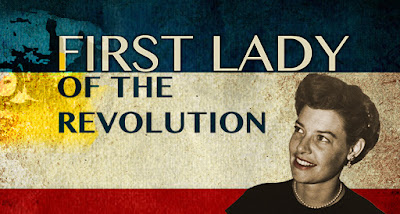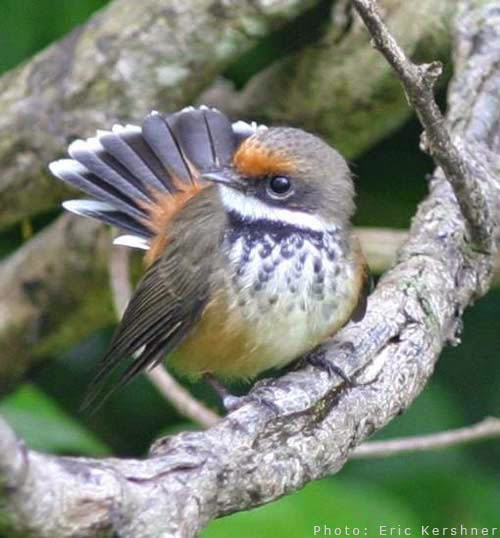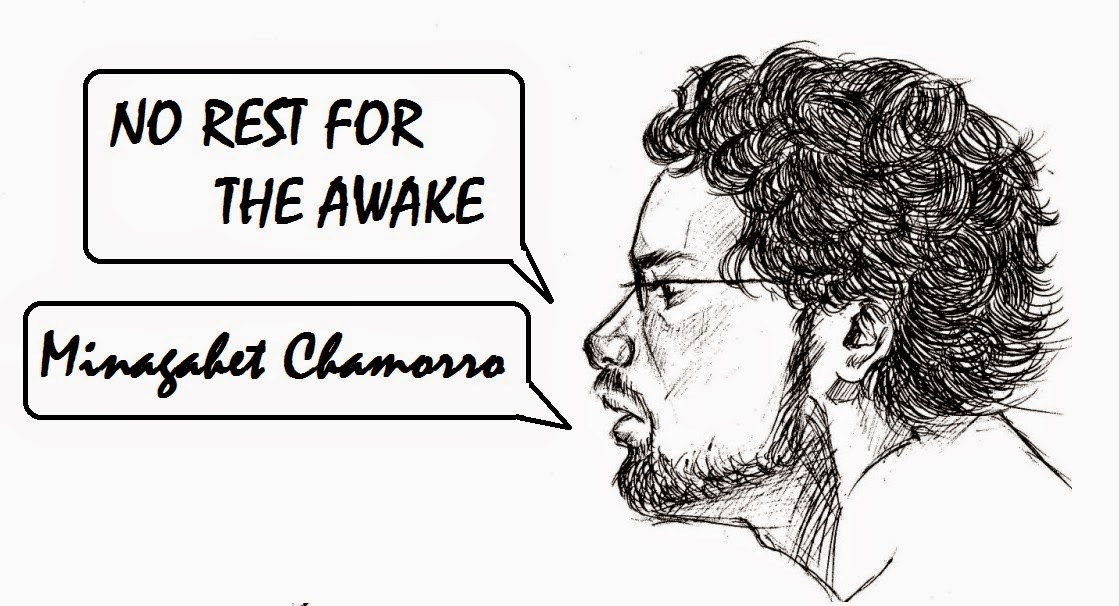First Lady of the Revolution

I followed the recent special election for Senate in Alabama, far closer than anyone on the other side of the ocean probably should. Given the past tumultuous year under Trump and looking ahead to 2018 and what might possibly be different, especially with mid-term elections on the horizon, this election, as so many have written about, representing an important event in terms of scrying what lies ahead. Things look very good for Democrats in the Congress, as Trump ends his first year with historically low approval ratings. Amidst all the coverage of the Alabama, this one article struck out at me, and not for any Alabama related reason really. It is about a 99 year-old Alabama woman, who lived a very interesting life, especially in terms of her at one point being the First Lady of Costa Rica and being referred to as "The First Lady of the Revolution." This sorts of article are common media frames. You take an older person, with unique experiences or with some symbolic rel





